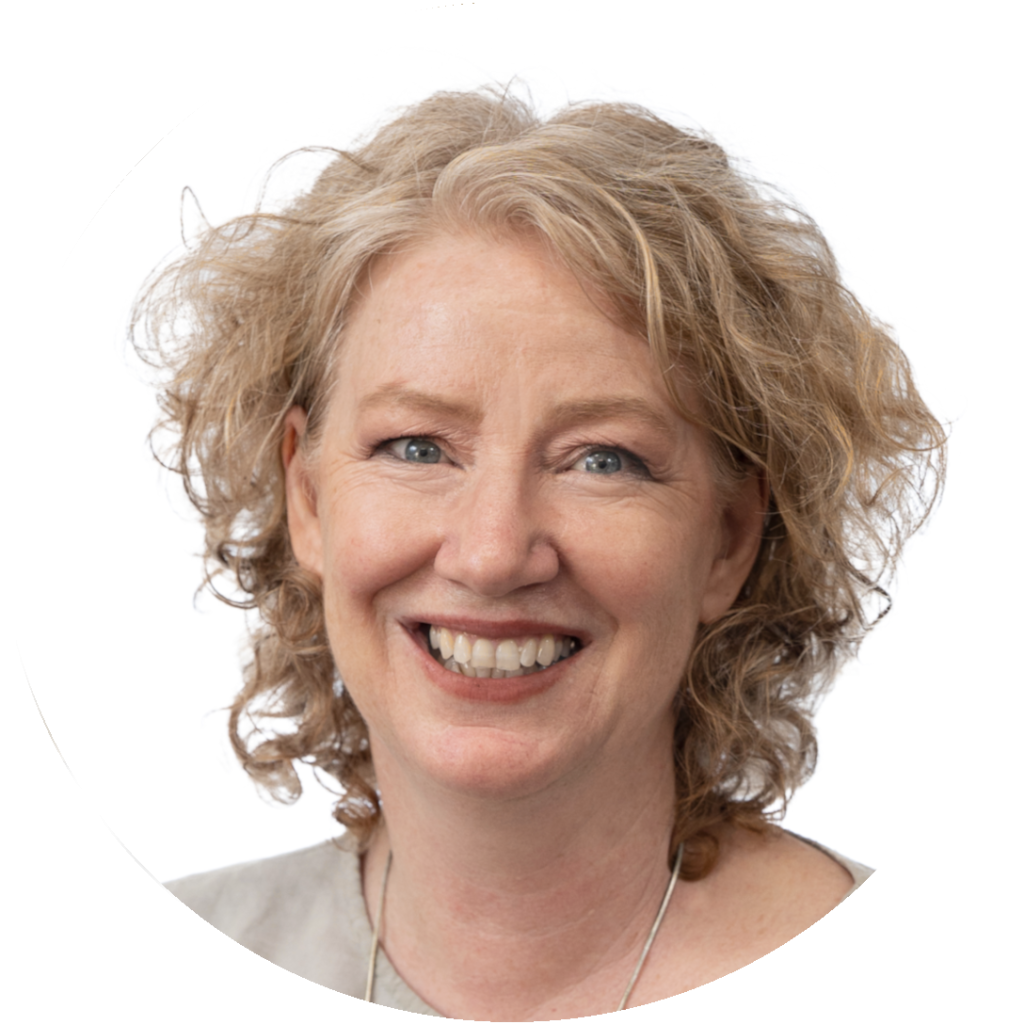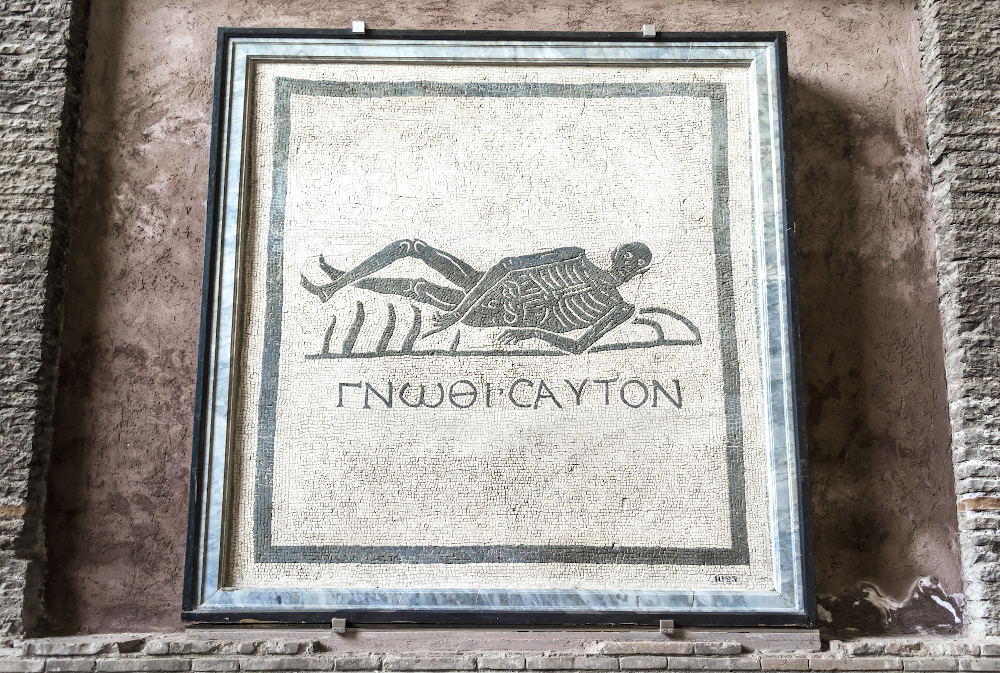
Is trauma causing your toxic work environment?

Is trauma causing your toxic work environment?
Helen McKelvie
Is trauma causing your toxic work environment?
Organisations with structures and cultures that seem to perpetuate cycles of dysfunction and distress is something we hear about in our work at NIODA. Even as successive leaders and staff churn through, incidents of workplace bullying, toxic work environment, or ineffective leadership seem to recur. Re-structures and culture change efforts have little appreciable effect. Indeed, sometimes they have created more challenges.
A useful lens to apply to such long running issues can be that of intergenerational trauma: the transmission of the effects of trauma from one generation to the next. Psychiatrists and researchers tell us that a traumatic event, or the cumulative effects of traumatic stress, can create a ‘wounding’ psychologically, emotionally or physically that is experienced across generations. Trauma experts talk of trauma as “contagious”. Family members, workplaces and communities, share the same culture, the same environment, the same traumas, and so are vulnerable to the same or similar reactions. In this way underlying traumatic wounds shape the trajectories of successive generations.
Vamik Volkan, a psychiatrist and psychoanalyst, has extensively studied the impact of trauma on large groups, particularly in the context of societal conflicts and historical events (2004, 2017). He argues that collective trauma can become embedded within a group’s cultural identity and can be transmitted across generations, shaping the group’s beliefs, values, and behaviours. Volkan notes that large groups often use symbolism and mythology to construct narratives around traumatic events, which can serve as a way of processing and making sense of the trauma. However, these narratives can also contribute to the perpetuation of intergenerational trauma if they reinforce a victim mentality or justify aggression towards others.
Healing from intergenerational trauma involves recognising the impact of trauma and providing support that addresses the unique needs of the individuals and communities. To address the impact of trauma on large groups, Volkan emphasises the importance of promoting empathy and understanding between different groups. He suggests that by creating opportunities for dialogue and promoting a culture of acceptance and tolerance, groups can break free from cycles of conflict and trauma and move towards a more peaceful and resilient future.
One key element in healing from intergenerational trauma is acknowledging its existence and understanding how it has impacted individuals and communities. In Australia it feels like we are starting to do this work between Aboriginal and non-Aboriginal people, with the ongoing trauma of colonisation being acknowledged and the intergenerational effects recognised. In Victoria the Yoorook Justice Commission is undertaking Australia’s first formal truth-telling process into historical and ongoing injustices experienced by our First Peoples. The Commission’s mandate is to: establish an official record of the impact of colonisation on Traditional Owners and First Peoples in Victoria; develop a shared understanding among all Victorians of the impact of colonisation, as well as the diversity, strength and resilience of First Peoples’ cultures; and to make recommendations for healing, system reform and practical changes to laws, policy and education, as well as to matters to be included in future treaties.
A small (non-Aboriginal) group made up of NIODA staff, Board members and close associates have been attentively following the Yoorook hearings; a fortnightly zoom gathering is spent listening deeply to the witness stories that are posted on the Commission’s website, and exploring the group members’ experience of the listening process. This has become important work for the individuals in the group, creating a ‘potential space’, a safe environment for exploring difficult feelings and where creative and adaptive responses are possible. For NIODA, the learning from this potential space is informing the work we will do under our Reconciliation Action Plan (RAP), which has recently been approved by Reconciliation Australia. We are keen to play our part in helping to heal the intergenerational trauma borne by our First Peoples and which holds us all back as a country. We hope to write more about what’s happening with our RAP soon.
Another initiative for understanding and working with intergenerational trauma is an upcoming workshop series we are hosting at NIODA: “Through trauma towards creative innovations”. The workshops will be run by two eminent practitioners in our field, Jerry Fromm and Richard Morgan-Jones, and is closely informed by Jerry’s recent book: “Traveling Through Time: How Trauma Plays Itself Out in Families, Organizations and Society”. The book explores the impact of trauma on individuals, families, and larger social systems. It also examines the ways in which trauma affects organisations, such as schools and businesses, and how these institutions can respond to trauma in healthy and constructive ways.
The workshops, held in six sessions over three weeks (April – May), will explore the nature of trauma, and create the space for participants to engage in (im)possible dialogues, which may be between parts of the self, between groups or between generations, and the way in which trauma shapes large group identity. There will also be opportunity to contemplate creative innovations and new beginnings, through the establishment of potential space and some of the dynamics that occur within it. The experiential parts of the workshop will utilise the method Richard developed to help individuals and organisations identify and navigate their underlying motivations, values, and beliefs, the ‘Trilogy Matrix Event’. This method offers a potential integration of perspectives from across individual, group and contextual dynamics.
This workshop series will be a safely held space to explore painful truths about the ways in which trauma can shape family and organisational dynamics, cultural practices, and social systems. We warmly invite you to join us for this powerful work. It is a chance to develop our understanding of ourselves and our skills for uncovering and working with the intergenerational trauma that may be at the heart of recurrent cycles of dysfunction in the organisations and communities we work with.
Is trauma causing your toxic work environment? For innovative trauma-informed solutions, join us for the NIODA workshop series here: “Through trauma towards creative innovations”.
Vamik Volkan’s work:
Blind Trust: Large Groups and Their Leaders in Times of Crisis and Terror (2004)
Enemies on the Couch: A Psychopolitical Journey Through War and Peace (2017)
Helen McKelvie
April 2023
Is trauma causing your toxic work environment?
Is trauma causing your toxic work environment?

Helen McKelvie
Learning Activities Lead, NIODA
Helen McKelvie is the Learning Activities Lead and a member of the Executive at NIODA, and is a teacher in and a graduate of the Master of Leadership and Management (Organisation Dynamics) program. She brings over 25 years of her own experience of working in organisations to her coaching and consulting services in leadership development and organisational change. Roles as internal consultant, policy and project manager, and lawyer in workplaces in both the public and private sectors have provided her with first-hand experience of the complexity and challenges in organisational life.
Helen is passionate about improving workplace dynamics to contribute to better organisational outcomes and to benefit the working lives of those who make up organisations. She works with leaders and teams helping them enquire into workplace dilemmas to uncover and work with system issues and hidden dynamics that may be inhibiting role clarity and collaborative work. Helen uses a systems psychodynamic approach to create reflective space for respectful communication and connection, opening up possibility for greater alignment with organisational, and team role and purpose.
Is trauma causing your toxic work environment?
About NIODA
The National Institute of Organisation Dynamics Australia (NIODA) offers internationally renowned post-graduate education and research in organisation dynamics, and decades of experience consulting with Australian organisations.
The study of organisation dynamics brings together socio-technical and psychoanalytic disciplines to explore the unconscious dynamics that exist in every group, team or organisation. Learning more about these theories, and reflecting on the experience of them, can support leaders and managers to unlock great potential in their organisations, tackling issues through a whole new light.
PO Box 287, Collins Street West,
Wurundjeri Melbourne 8007 Australia
+61 (0) 414 529 867
info@nioda.org.au
NIODA acknowledges the Kulin Nations, and respective Traditional Custodians of the lands we work on.
We pay our respects to Elders past and present, and recognise their enduring sovereignty which has, and continues to, care for Country.
NIODA welcomes the Uluru Statement from the Heart’s invitation to walk with Aboriginal and Torres Strait Islander peoples in a collective movement for a better future.


